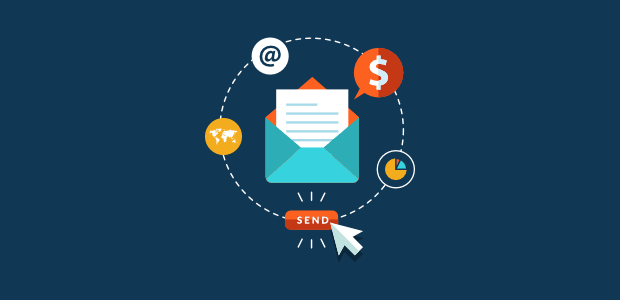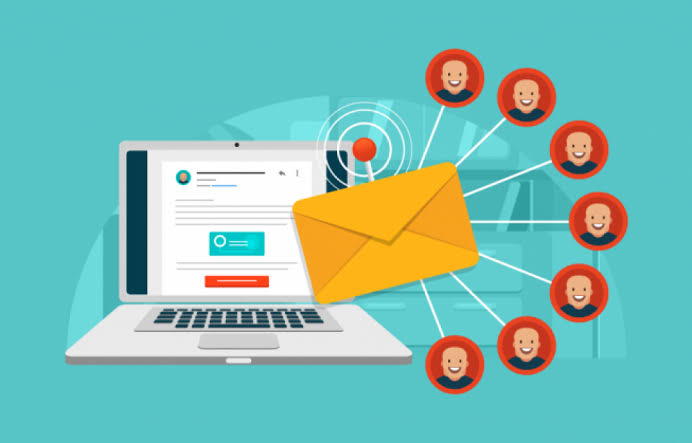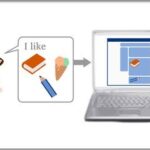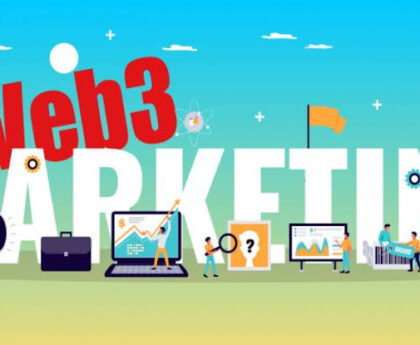
Unlocking The Future Of Email Marketing: What’s Next For 2025 And Beyond?
Discover the future of email marketing and the latest trends to watch in 2025. From AI to automation, explore how email campaigns will evolve.
Table of Contents
- The Next Big Leap in Email Marketing: What to Expect in 2025
- The Future of Email Marketing: What 2025 Holds for Businesses
- Key Trends Shaping The Future Of Email Marketing
- Marketing Automation
- Artificial Intelligence in Email Marketing
- Personalisation
- How These Trends Impact Your Email Strategy
- Embrace the Future of Email Marketing: Transform Your Strategy for 2025
The Next Big Leap In Email Marketing: What To Expect In 2025

Email marketing is one of the oldest digital marketing strategies, but its effectiveness has never been in doubt. As we look toward 2025, the future of email marketing promises to be more advanced and innovative than ever before. The digital landscape is shifting, and businesses need to adapt to stay ahead of the curve. Let’s take a closer look at the key trends that will define the future of email marketing.
The Future Of Email Marketing: What 2025 Holds For Businesses
In 2025, the future of email marketing will be heavily influenced by cutting-edge technology. As artificial intelligence (AI) becomes more integrated into marketing strategies, email campaigns will become increasingly automated, personalised, and relevant. With the help of AI and marketing automation, businesses will be able to fine-tune their email strategies, offering a more tailored experience to each customer.
Businesses are expected to place more emphasis on creating customised, engaging content. Email marketing trends are shifting toward personalisation, and it’s no longer enough to send generic emails to all subscribers. The future of email marketing involves delivering hyper-targeted, data-driven campaigns that resonate with individual needs and preferences.
Key Trends Shaping The Future Of Email Marketing
The future of email marketing is bright, with exciting trends shaping the way businesses interact with their audiences. Let’s take a closer look at these emerging trends.
1. Marketing Automation
Marketing automation is revolutionising the way businesses conduct email marketing. The days of sending a single, one-size-fits-all email to a subscriber list are over. With marketing automation, businesses can set up personalised email workflows that are triggered by user behaviour.
For instance, when a user subscribes to your newsletter, you can automatically send them a welcome email, followed by a series of educational content or promotional offers. This automated flow ensures that every recipient gets a tailored experience without the need for manual intervention. By automating your email campaigns, you’ll be able to focus more on creative content while automation handles the repetitive tasks. In 2025, marketing automation will be one of the most critical tools in shaping the future of email marketing.
2. Artificial Intelligence in Email Marketing
Artificial intelligence (AI) is an exciting innovation that will play a pivotal role in the future of email marketing. AI algorithms can predict consumer behavior and automate content creation. For example, AI-powered tools can help determine the best time to send an email, optimise subject lines, and suggest content that is most likely to engage the recipient.
By leveraging AI, businesses can gain deeper insights into their subscribers’ preferences and optimise their campaigns in real-time. The integration of AI will help marketers enhance their email strategy, creating campaigns that feel personal, timely, and relevant.
3. Personalisation
Personalisation has been a buzzword in email marketing for years, but in 2025, it will go beyond just inserting the recipient’s name into the subject line. The future of email marketing will rely heavily on delivering hyper-personalised content based on individual user behaviour. With the help of data, businesses can create highly segmented email lists and send content that addresses the specific needs, interests, and pain points of each recipient.
Imagine receiving an email that shows you products similar to what you previously purchased, or a personalised discount based on your browsing history. This kind of email personalisation will become more prevalent as businesses use data and advanced tools to create tailored experiences for each user.
How These Trends Impact Your Email Strategy
With these trends shaping the future of email marketing, it’s important for businesses to adjust their email strategies to stay ahead of the competition. Here’s how you can adapt:
- Embrace Marketing Automation: Set up automated email workflows to engage subscribers at key points in their journey. From welcome emails to abandoned cart reminders, automation ensures that the right messages reach the right people at the right time.
- Leverage AI for Insights: Invest in AI-powered tools that help optimise your email campaigns. Use AI to predict subscriber preferences, optimise send times, and create content that resonates with your audience.
- Personalise Your Emails: Go beyond first names. Use data to send tailored recommendations, discounts, and offers. The more personalised your emails, the more likely they are to convert.
- Optimise for Mobile: With mobile usage skyrocketing, make sure your emails are mobile-friendly. Responsive design and fast loading times will ensure that your emails look great on all devices.
Embrace The Future of Email Marketing: Transform Your Strategy For 2025
The future of email marketing holds exciting possibilities, with advancements in automation, artificial intelligence, and personalisation. By embracing these trends, you can ensure that your email campaigns are not only relevant but also highly effective. It’s time to harness the power of technology to deliver smarter, more engaging email marketing that resonates with your audience.
Are you ready to take your email marketing strategy to the next level? Start integrating these trends into your campaigns today to stay ahead of the curve and keep your emails relevant, personalised, and impactful.





